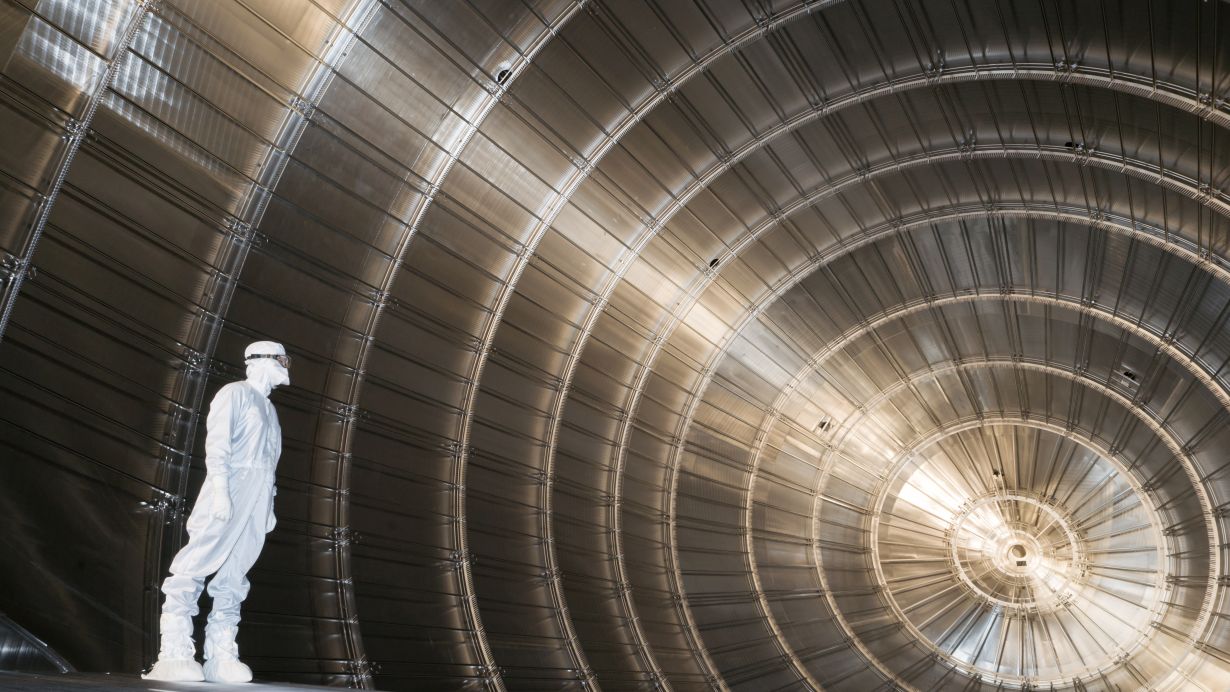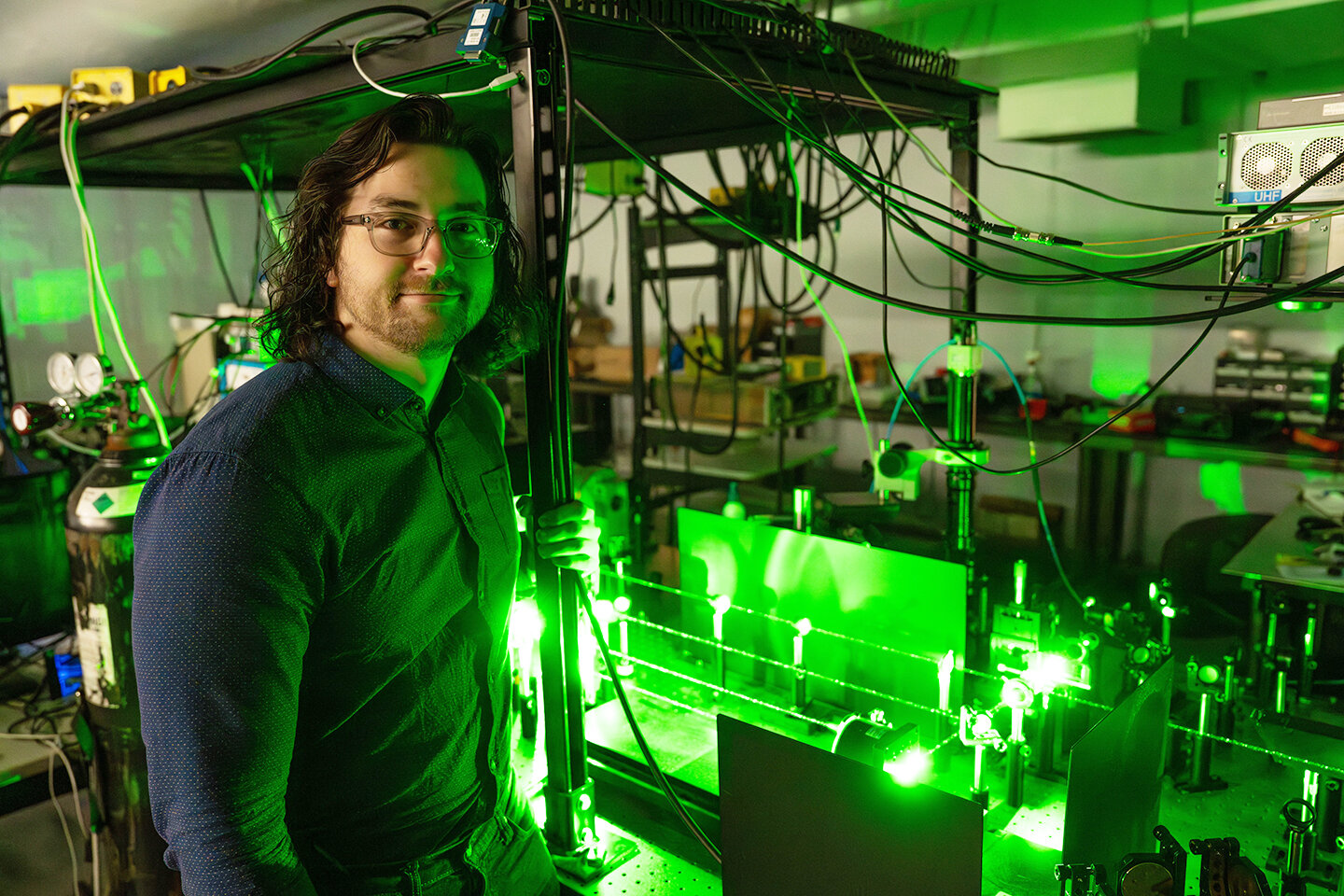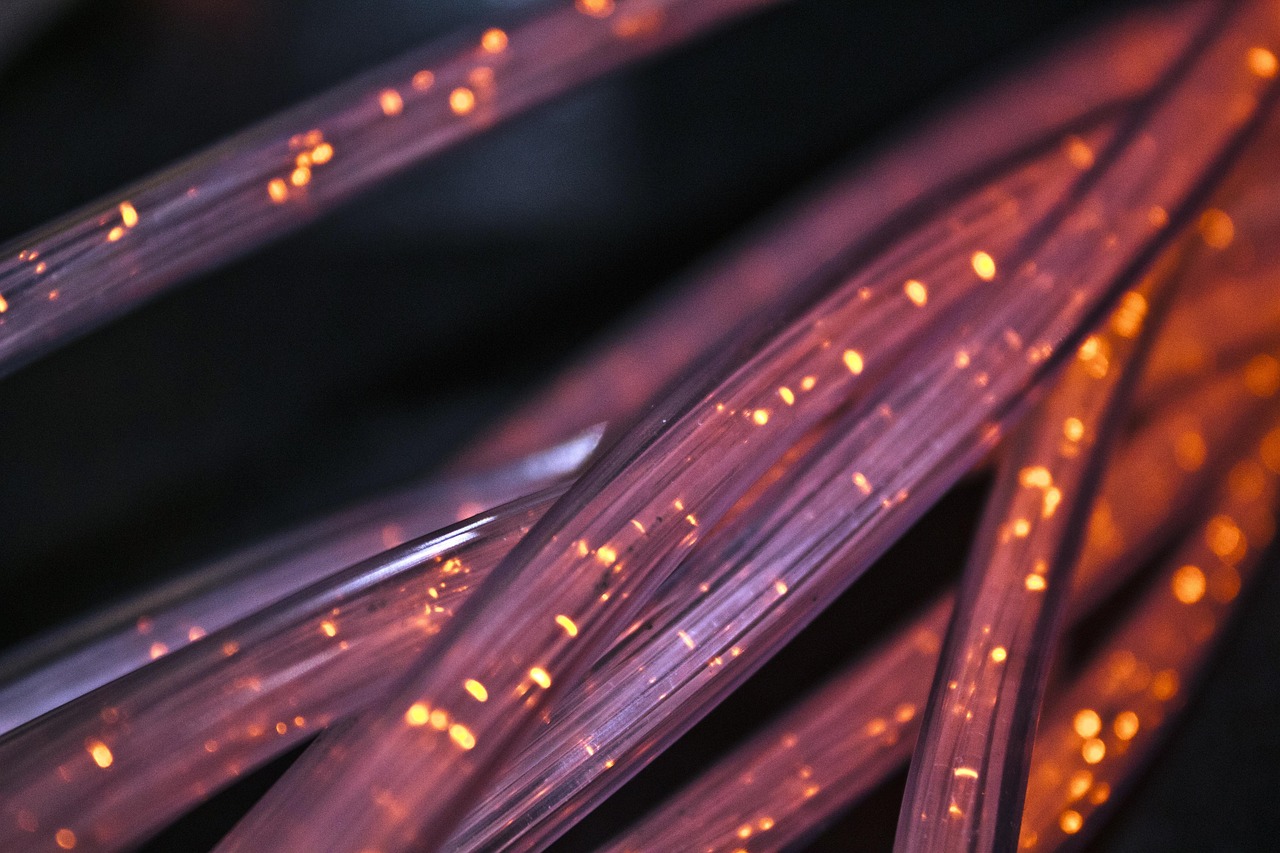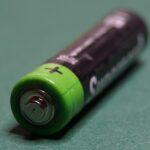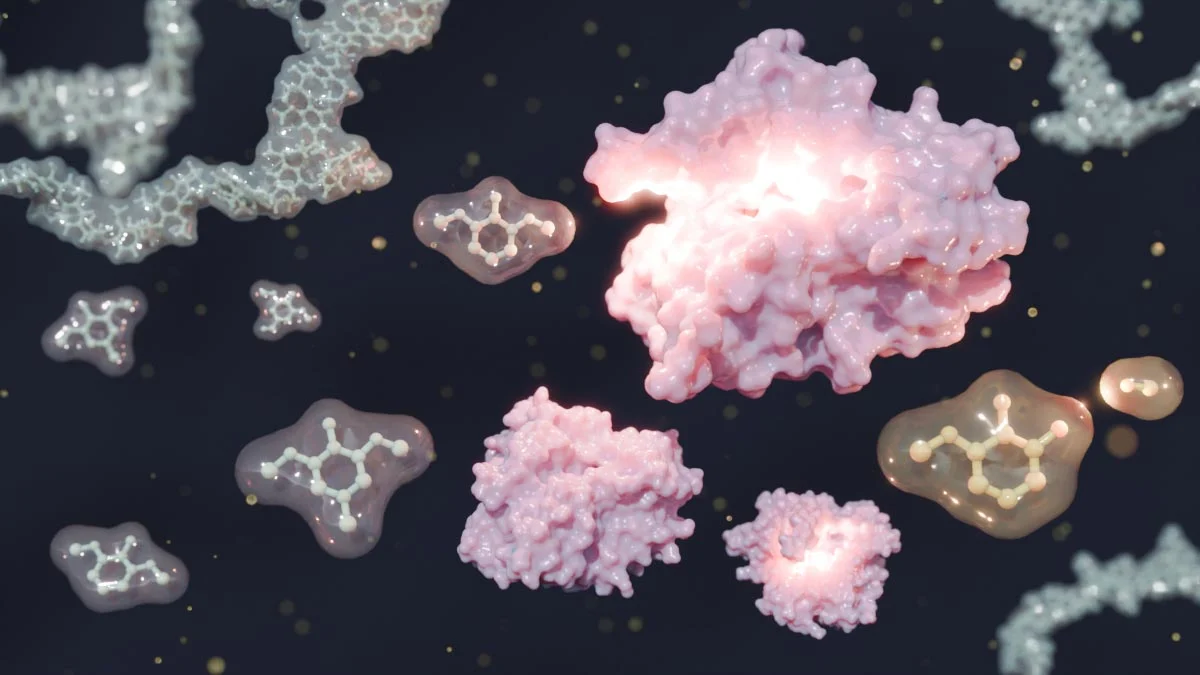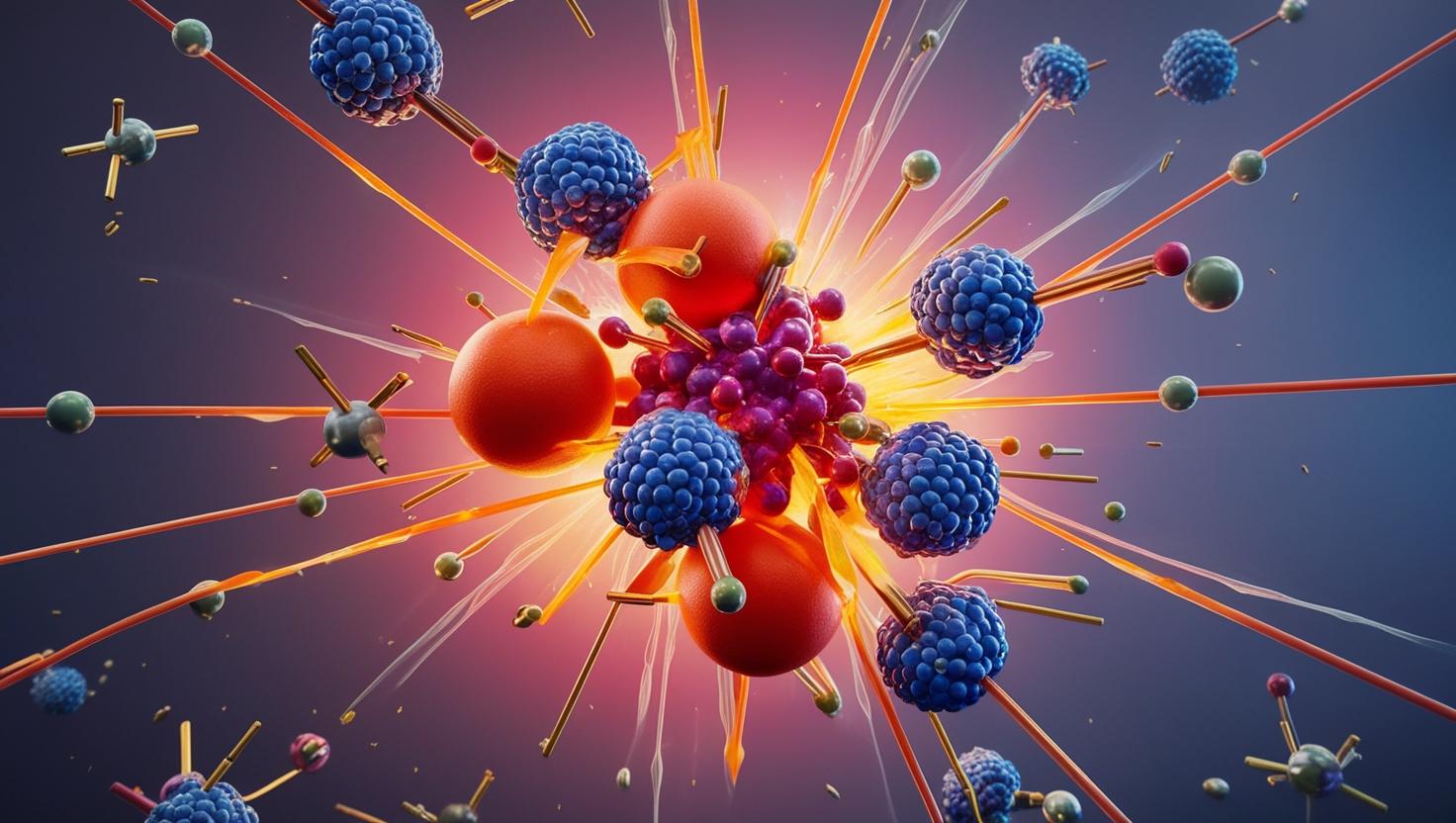Revolutionising How We Store and Use Energy
Korean scientists have created a breakthrough energy storage solution that merges the lightning-fast charging of supercapacitors with the high energy density of traditional batteries. This innovation could transform the future of electric vehicles, portable devices, and renewable energy systems.
Blending Speed and Capacity
The Long-Standing Trade-Off
Supercapacitors are known for their ability to charge and discharge rapidly, but they traditionally lag behind batteries in energy storage. Batteries, meanwhile, store more energy but are slower to charge and degrade more quickly over time.
The Hybrid Solution
Researchers at the Korea Institute of Science and Technology (KIST) have overcome this trade-off by engineering a unique hybrid fiber. It combines single-walled carbon nanotubes (CNTs) with conductive polyaniline (PANI), enabling both fast energy transfer and high-capacity storage.
The Nanotechnology Behind the Breakthrough
How the Materials Work Together
CNTs act as ultra-conductive highways for electrons, while PANI provides miniature energy storage units. When fused chemically at the nanoscale, these fibers form a structure that behaves like a string of micro-batteries—compact, fast, and powerful.
Outperforming Conventional Supercapacitors
This new fiber outpaces traditional supercapacitors in both power density and energy density, marking a significant advancement in energy storage efficiency.
Why It Matters
Key Advantages of the New Technology
- Fast Charging: Capable of rapid charge and discharge cycles—perfect for drones, EVs, and emergency backups.
- Durability: Maintains performance even after thousands of charging cycles.
- Eco-Friendly Potential: Could reduce dependence on lithium-ion batteries and support green energy goals.
What’s Next?
From Lab to Market
The team has filed patents in Korea and the U.S. and published their findings in the journal Composites Part B: Engineering. The next step is to integrate this technology into real-world applications and explore large-scale production.
A Future Powered by Innovation
This breakthrough opens the door for advanced wearables, faster-charging electronics, and sustainable energy grids powered by resilient, efficient supercapacitors.
Curious Minds Want to Know
Could This Replace Lithium-Ion Batteries?
Could the future of energy be built on these ultra-light, fast-charging fibers? How might this impact the design of tomorrow’s electric cars, smartphones, or even smart cities?
Stay Tuned
At DailySciTech, we’ll keep you updated as this next-gen technology moves from prototype to production. Could your next device be powered by this innovation?
Reference: “Nanocell-structured carbon nanotube composite fibers for ultrahigh energy and power density supercapacitors” by Dongju Lee, Junghwan Kim, Chae Won Kim, Jeong-Gil Kim, Se Eun Jung, So Jeong Heo, Byeong Woo Im, Nam Dong Kim, Seo Gyun Kim, Yuanzhe Piao and Bon-Cheol Ku, 27 January 2025, Composites Part B: Engineering.
DOI: 10.1016/j.compositesb.2025.112179
Daily science news 2025, Best science blogs, New science research 2025, Popular science articles, Latest science news 2025




